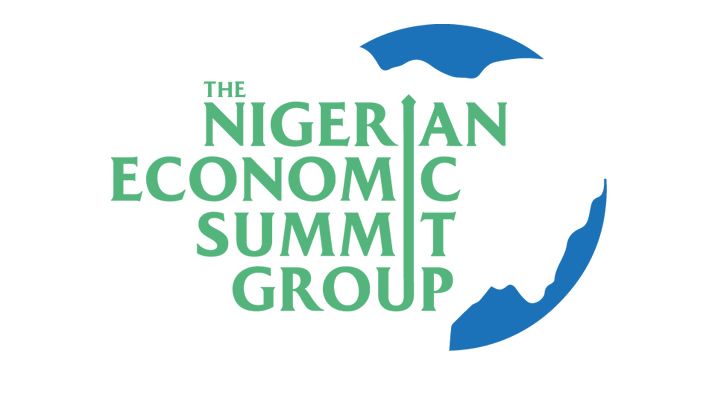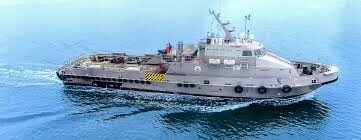The Nigerian Economic Summit Group (NESG), in collaboration with the African Economic Research Consortium (AERC), has held a webinar and dissemination workshop with the theme “Human Capital Development in Africa: Country Case Study – Nigeria.”
Chief economist and director of research at the NESG, Dr Olusegun Omisakin, said the workshop was designed to look at different areas of human capital development and how it can inform different policy recommendations at various levels of government.
Omisakin said human capital development is essential to to national development, while emphasising the need for improved human capital development indicators in terms of health, employment opportunities and skills.
Lead manager, training, African Economic Research Consortium (AERC), Dr Tom Kimani said the AERC is focused on capacity building for economic policy in Africa and that the dissemination workshop focuses more on policy outreach.
The thematic research has five themes, poverty, labour market and income distribution; macroeconomic policy and growth; finance and resource mobilisation; production, trade and economic integration; and agriculture, climate change and natural resource management.
Presenting a paper on “Foreign direct investments and human capital development in Nigeria: A firm-level Analysis of Manufacturing and ICT, an economist at the NESG,” Mr Sodik Olofin said Nigeria’s recent FDI inflows are becoming more sensitive to the characteristics of the country’s labour force.
Mr Olofin reiterated that the direction of the new FDI inflows into Nigeria has resulted in divergent labour market outcomes, noting that these investments favoured technology-enabling sectors such as ICT, education, health, and manufacturing, which have high propensities for knowledge transfers, boosting employment and employability.
Speaking to the a paper on “Analysing the Determinants of Healthcare Insurance Uptake in Nigeria,” an economist with the NESG, Mr Wasiu Adekunle, stated that health insurance coverage in Nigeria has historically been low, with less than five per cent of Nigeria’s over 200 million people being covered by health insurance, suggesting low uptake of healthcare insurance in Nigeria, as financing healthcare through private and public health insurance schemes accounts for about 1.9 per cent of the total current health spending in the country.
He said despite the introduction of National Health Insurance Authority (NHIA) Act in 2021, which makes health insurance mandatory for all citizens, the use of compulsion alone to increase the uptake of healthcare insurance might not guarantee the expected outcome.
Professor Yelwa Mohammed of the Department of Economics, University of Abuja, said that Nigeria’s economic growth and productivity depend on the development of human capital. He noted that the country’s human capital development still needs to improve, particularly among low-income rural families who lack the means to invest in their children’s futures.
He stated that the lack of resource endowment in most households and cultural prejudices against girls are two main factors contributing to inadequate human capital development in Nigeria and that family size and per capita income also influence decisions about investing in human capital.
In her paper titled “The differential impacts of COVID-19 pandemic on education in Nigeria: implications for policy review,” Dr Kehinde Oluwaseun Omotoso of the National Centre for Technology Management, Obafemi Awolowo University, Ile-Ife stated that before the COVID-19 pandemic, Nigeria’s education sector was considered fragile and fraught with unequal access to schooling and learning experiences.
She the outbreak of COVID-19 pandemic in 202o exacerbated the problems of high rates of school absenteeism, dropout, and out-of-school children, which were relatively high before the pandemic.
Musiliu Adewole of the department of economics, School of Management Technology, Federal University of Technology, Akure, Ondo State remarked that North-South disparities in school participation persist in Nigeria despite implementing two large-scale school expansion programs.
He revealed that areas with complex pre-colonial government structures seemingly record higher school enrolment in Nigeria, while those with heavy investment in Koranic education report otherwise.
Adewole however noted that areas with more complex pre-colonial government structures report poorer school enrolment when they have invested more in Koranic education, indicating evidence of a mismatch between modern economic demands and skills possessed by learners in Nigeria.





